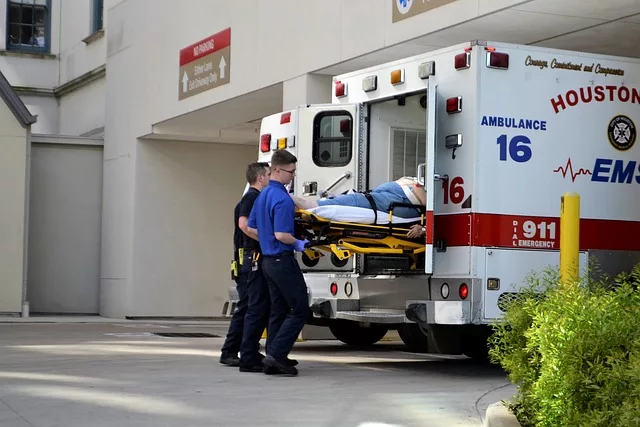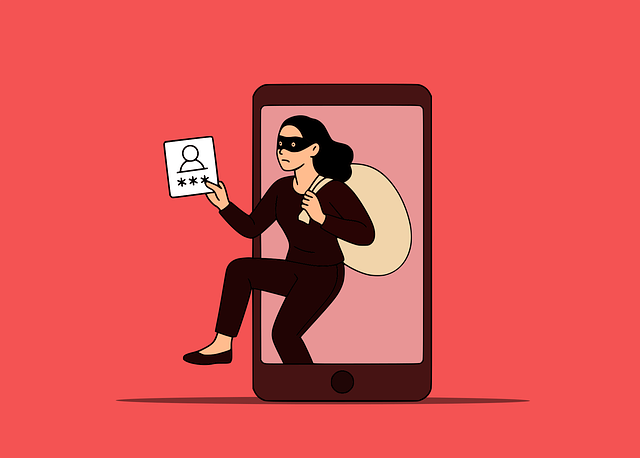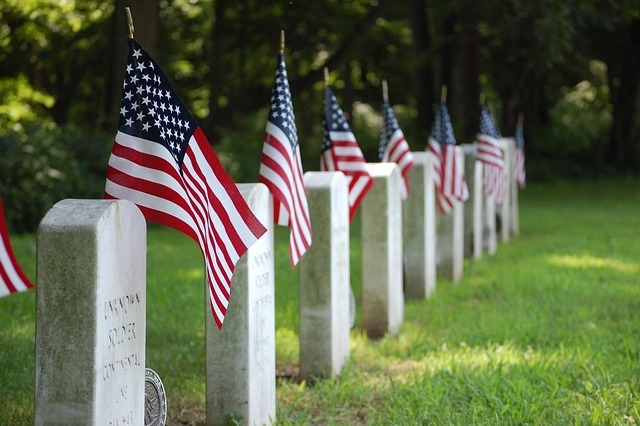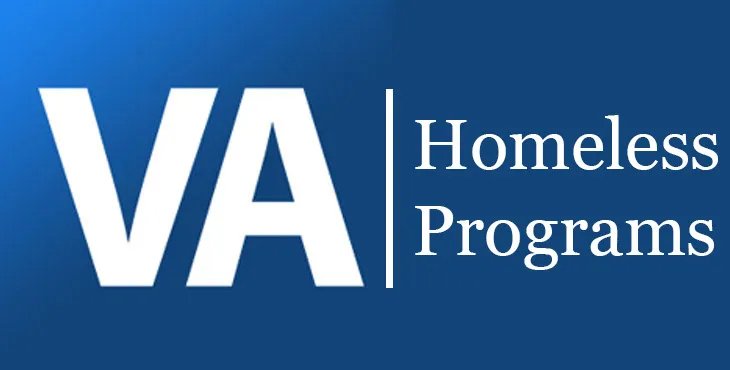New Rule May Help Veterans Pay for Non-VA Emergency Care

The Expansion of Veteran Eligibility for Reimbursement Act created options to help qualifying veterans who had to pay for emergency care at non-VA facilities. But there were issues around certain aspects of the Act, and additional consideration was given to who and what would be compensated.
Toward that end, the Department of Veterans Affairs created a “final rule” in February of 2023. It provides, among other things, VA payments for non-VA emergency room care for certain veterans who have sought emergency care since 2010.
This benefit is offered in some cases even to those who tried to file claims for their out-of-pocket expenses in the past but were denied. The new rule applies to vets with private health insurance and VA coverage.
Related: How to Apply for VA Disability Benefits
When Veterans Need Emergency Care
In normal circumstances, VA benefits may cover emergency care for veterans when that need is service-connected, and care is unavailable from the VA. In cases where the medical needs are not service-connected, the VA has limited ability to pay:
- The medical care must be given in the emergency room;
- The care must be needed as a life-saving measure or to treat life-threatening conditions;
- The veteran must have been treated at a VA facility in the last two years;
- The veteran must not be able to get this care from the VA.
How the VA Rule Works
Those who had to pay for non-VA emergency care from 2010 on and were denied a prior claim must file a new claim for that non-VA care by February 22, 2024.
This benefit is offered ONLY to those who had emergency care for non-service-connected medical issues and who had health through a private insurer.
Under this program, the Department of Veterans Affairs agrees to pay the amount of the patient’s coinsurance only. Coinsurance is basically the veteran’s cost-sharing amount. What the veteran paid out-of-pocket may be reimbursed, but not flat-rate copayments or flat-rate health insurance deductibles.
The new reimbursement rule affects veterans covered by both VA and private insurance.
Related: Military Benefits Guide For Veterans and Retirees
Second Chances for Veterans Who Never Filed a Claim
The VA final rule notes that some vets may have skipped the claims process altogether for their non-VA emergency room care.
Why? They believed they would be denied the claim and didn’t bother. The Department of Veterans Affairs says in such cases you can still file a retroactive claim as long as you do so before the February 22, 2024 deadline.
Emergency Care for Veterans Having a Suicidal Crisis
The VA pays for, or reimburses emergency care “for certain Veterans and individuals – including ambulance transportation costs – and follow-on inpatient or residential care related to the event for up to 30 days, and outpatient care for up to 90 days, including social work.”
In such cases, it’s important to notify the VA as soon as possible. According to the VA official site this is necessary, “because VA must verify a Veteran’s eligibility for emergent suicide care if they are not already enrolled or registered with VA.”
The official site adds that it may be necessary to contact your local VA medical center for” follow-on care.”
What Veterans Should Know About Medical Emergencies and VA Policy
If you have a medical emergency, VA policy says you should “immediately seek care at the nearest medical facility.”
Veterans are not required to get permission from the VA or check in with the VA before calling for emergency services or going to an emergency room.
“During a medical emergency,” the VA official site states, the agency “encourages all Veterans to seek immediate medical attention without delay. It is, however, important for you to promptly notify VA within 72 hours of a Veteran presenting to the emergency room.”
Related:
- Supreme Court Considers GI Bill Case
- Transition Assistance For Military Spouses and Caregivers
- PACT Act Scam Warning
- Troops Discharged For Refusing Vaccine May Be Allowed To Rejoin
About the author
Editor-in-Chief Joe Wallace is a 13-year veteran of the United States Air Force and a former reporter/editor for Air Force Television News and the Pentagon Channel. His freelance work includes contract work for Motorola, VALoans.com, and Credit Karma. He is co-founder of Dim Art House in Springfield, Illinois, and spends his non-writing time as an abstract painter, independent publisher, and occasional filmmaker.


